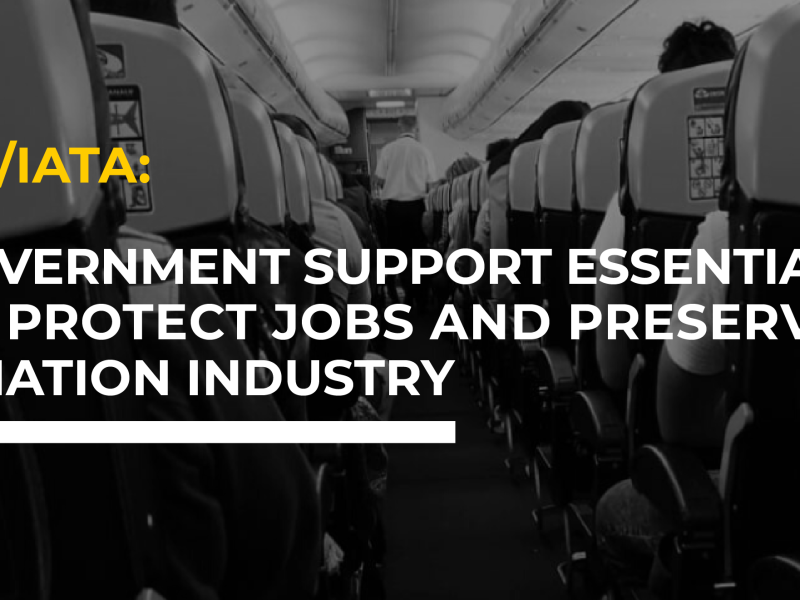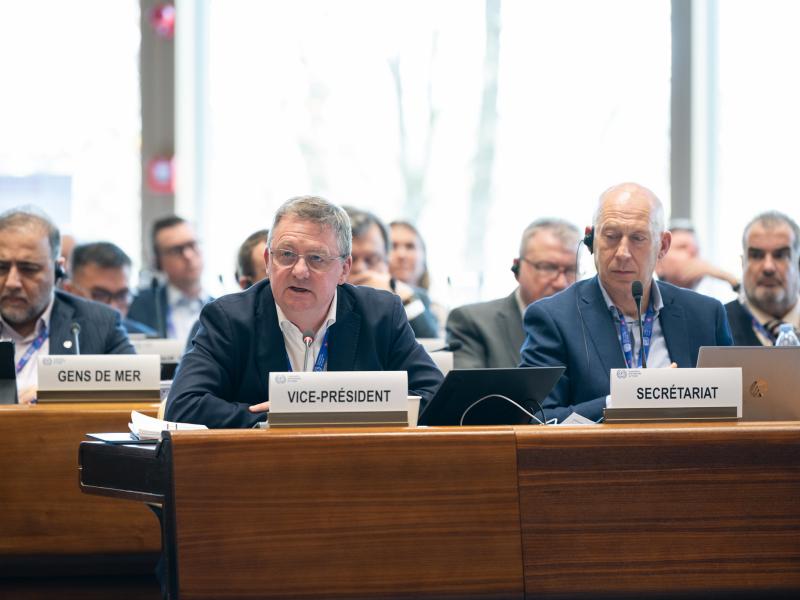The International Air Transport Association (IATA) and the International Transport Workers’ Federation (ITF) together offer our deepest sympathies to the families, friends and colleagues of those air transport workers that have lost their lives and to all affected by the virus and the measures taken to mitigate its impact.
IATA and ITF call on governments to ensure that the protection of health workers caring for those with Covid-19 is prioritised.
IATA and ITF also call on governments and health authorities to coordinate carefully between each other, and with industry, to ensure harmonised and effective action to protect the safety of passengers and crew. To this end, IATA and ITF are working closely with the World Health Organization (WHO), the International Civil Aviation Organization (ICAO) and other key organisations, to provide guidance, best practice and support.
Air transport workers are playing a critical role in the crisis. They are making extraordinary efforts to maintain vital supply chains that deliver medicines and medical equipment to fight the pandemic, and to repatriate people to their home countries. Furloughed aviation professionals have even volunteered as medical auxiliaries to help health care workers on the front line of the fight. This is a source of pride for all of us who work in aviation.
The Covid-19 pandemic is a global health emergency and an economic catastrophe. Millions of people face dire economic circumstances as businesses shut down, income is reduced, and jobs disappear. We thank those governments that have put in place income protection for workers and urge that any remaining people not covered should also be assisted.
Nowhere has this economic crisis been more acute than in the air transport sector.
Global air passenger demand has plunged 70 percent and industry revenues from the passenger business are forecast to be reduced by at least $252 billion in 2020. Airlines are expected to burn through some $61 billion in cash reserves during the second quarter of 2020 alone. This has created a profound liquidity emergency for airlines, made more acute by rules imposing immediate refunds to passengers for cancelled flights.
The impact of the near shutdown of passenger services threatens the viability of 25 million jobs directly and indirectly dependent upon aviation, including jobs in the tourism and hospitality sectors.
It is crucial that governments understand the importance of aviation and support the aviation industry. Protecting transport worker jobs in this crisis will ensure that airlines can keep global supply chains functioning with air cargo services and that they are ready to lead in the economic recovery when the pandemic has been contained.
IATA and the ITF therefore call on governments to provide immediate financial and regulatory support for airlines, in order to maintain the sustainability of terms and conditions for air transport workers.
When the world emerges from lockdown, airlines and air transport workers will be crucial for jump-starting the global economy. Restoring air connectivity will require contingencies for licenses and certifications that have expired. Operations and processes will have to be adapted, and travel restrictions will need to be managed in a predictable and efficient manner. To be successful in rising to these and other challenges, industry, workers, and government must be aligned.
The airline industry that re-starts will not be the same industry that was closed as the pandemic advanced. A multi-stakeholder approach will be essential if we are to ensure a sustainable future for aviation. The ITF and IATA commit to convene regular stakeholder meetings and cooperate on engagement with the ICAO. It is with a spirit of openness and cooperation that IATA and ITF are working together on areas of common ground. We invite governments to join us in this endeavour.




